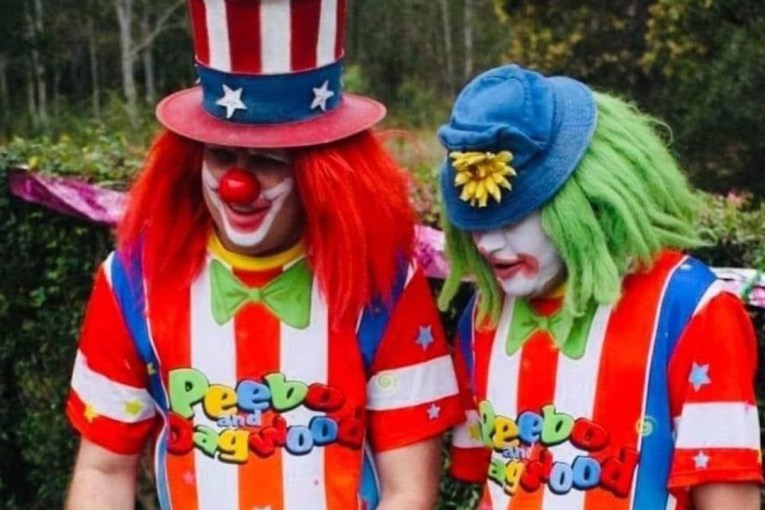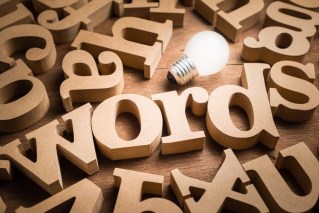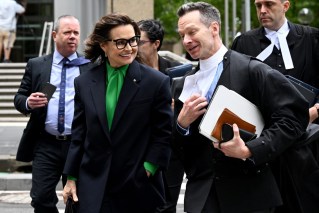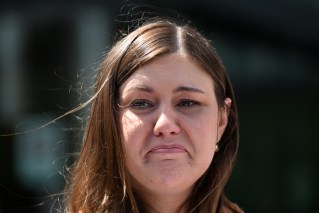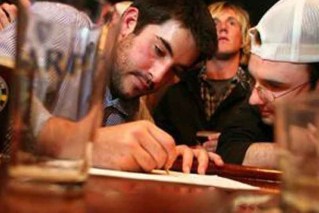Why debt and deficit are now irrelevant in political debate
After playing a lead role in most elections for more than a decade, debt and deficit are unlikely to even play a bit part in the Queensland poll in October, writes Dennis Atkins
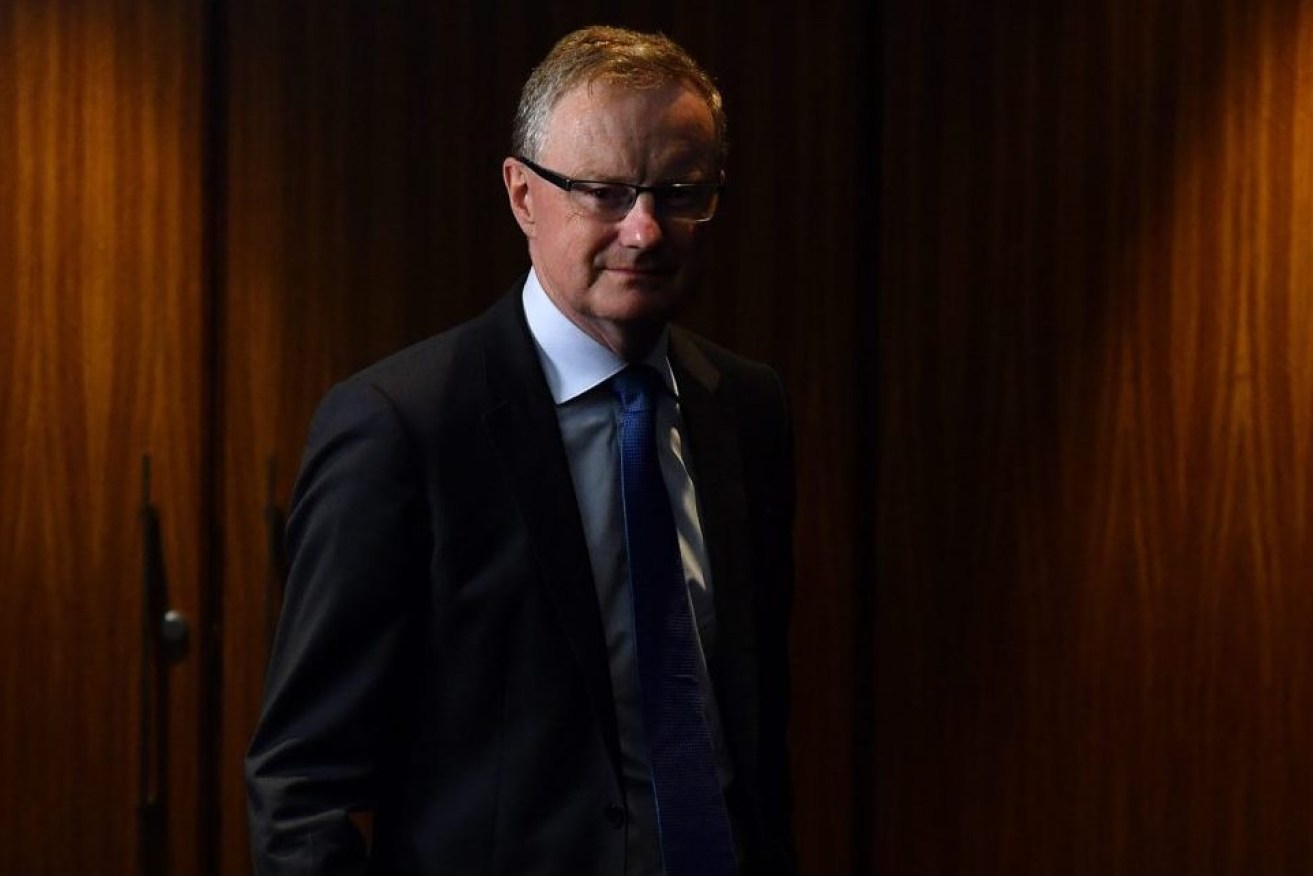
Governor of the Reserve Bank of Australia (RBA) Phillip Lowe(AAP Image/Joel Carrett)
The COVID-19 pandemic has rewritten the entire script for 2020 prompting some unexpected changes in what were easily predicted roles in events big and small, including the Queensland election at the end of October.
One major role is being written out of the play with debt and deficit consigned to the electoral rubbish bin.
A contentious and controversial feature of the political landscape for more than a decade, debt and deficit is not even going to feature as a bit part.
The economic plan released by the LNP Opposition – which was geared up to attack the Palaszczuk Labor Government on the state’s ballooning debt – doesn’t mention the double-D phrase, although they will have a lot to say about taxes, regulation and state development.
Despite its absence from the script, Queensland’s state debt is headed for a sorry milestone by the middle of next year – above $100 billion according to the latest Treasury forecasts. The state’s budget deficit will be about $184.5 million in this current financial year – the largest negative balance sheet outcome since World War II.
The extraordinary thing is that this no longer matters. At the beginning of this election year it was assumed debt and deficit would be central to the economic debate, framed in the context of plans to get what’s been a sluggish business sector firing again and proposals for job creation and growth.
Today’s Queensland Productivity Commission report highlights just how fragile and narrowly based the state economy was before COVID – and also points to the opportunities for both sides to make big plans.
Meanwhile, the COVID-19 pandemic, the event that has dominated all else, has put a damper on that neat debt and deficit narrative.
As former US president Richard Nixon said when he withdrew America from the gold standard, “we’re all Keynesians now”, referring to the spend, spend, spend policies of the 1930s. It’s the policy mantra that’s uniting most governments around the world as they battle the most severe economic contraction in at least 90 years.
For the Queensland election, it means Labor and the LNP will have much greater room to move. They won’t even have to pretend there’s a source for funding large-scale promises – it will all be covered by that magic pudding of downturns, economic stimulus.
In a series of announcements in the early stages of the pandemic, the Queensland Government laid out various policy responses, including tax concessions, direct individual subsidies, loan facilities and a range of infrastructure projects.
We can expect more to come with three streams of funding available. There’s more than half a billion dollars in flood disaster money unspent and much of that will be used as further on-the-ground activity before the election.
There’s also up to $600 million in that favourite hollow log, the Treasurer’s Advance, which passed through Parliament mid-year. This is a lot of money to roll out in the run up to the poll.
Finally, the Morrison Government has given the states a green light to borrow and spend more, with Treasurer Josh Frydenberg saying a week ago he would give his state colleagues access to the Commonwealth rediscount rate for funds.
This means the states could unlock borrowings at about three-quarters of a percentage point lower than they can get on the market by themselves.
Of course, Queensland Treasurer Cameron Dick says he’s running up debt with a heavy heart: “There is no alternative. The only alternative is austerity. Cutting, sacking and selling,” Dick told Parliament.
“I do not like borrowing money, I wish we were not in this position, but COVID has made it that way.”
To underscore just how the official mood has changed in respect of big-time borrowing, it’s instructive to read what Reserve Bank Governor Philip Lowe told the House of Representatives economics committee at the end of last week.
“It has been fiscal policy that has provided much of the support to the Australian economy (during the pandemic economic crisis),” he said.
“This is quite a change from how things have worked over recent decades and it is being accompanied by a significant increase in public borrowing.
“By borrowing today to support the economy we are avoiding an even bigger loss of output and jobs that would damage our economy and society for years to come, which would put ongoing strain on the budget.
“Australia’s public finances are in strong shape and public debt here is much lower than in most other countries.”
To drive his point home, Lowe concluded by saying “it is the right thing to do to borrow today to help people, keep them in jobs and boost public investment at a time when private investment is very weak”.
The absence of debt and deficit as an election issue in Queensland is made more extraordinary because it has been a staple in criticism of Labor governments since Anna Bligh was premier (the time when most of the state debt was accumulated).
Now the conservative opposition is left without an argument to make. It’s hard to criticise Queensland Labor for running debt and prolonging the deficit years when Commonwealth debt is unlikely to be paid back before the middle of the century – if all borrowing stopped now.
This ignores the inconvenient fact that two-thirds of the debt added to the national accounts since the Coalition came to Government occurred before the pandemic hit.
This aside, the political potency of debt and deficit is now dead. It was used to devastating effect against the Shorten Opposition at the federal election last year but we will not see it deployed in an election argument for a very long time.
There will still be an argument about how money is spent – last week Morrison warned the states they needed to spend on productive proposals and shouldn’t “make whoopie”.
This pandemic has certainly changed everything and the Queensland state election is going to be very different because of it.
